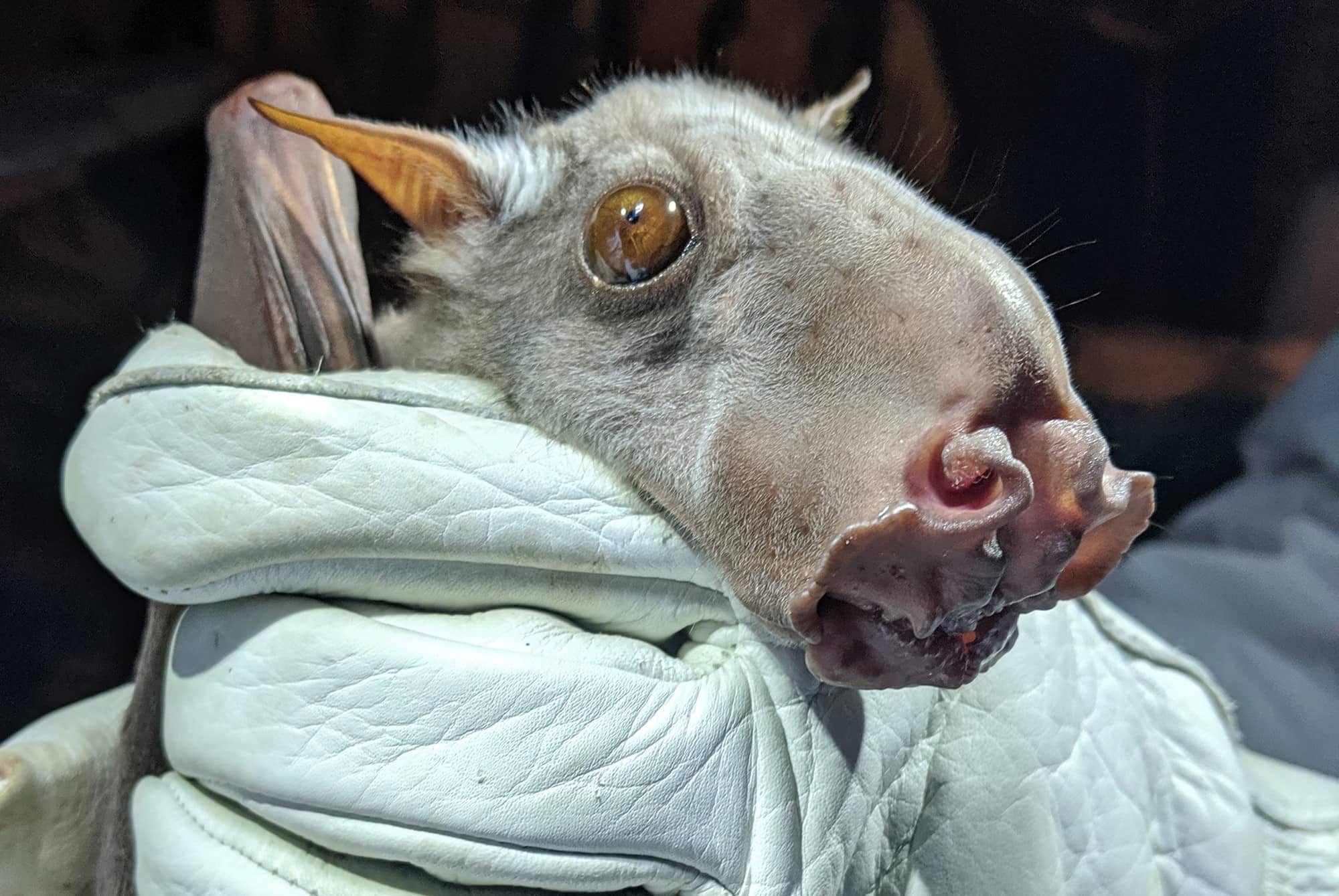
Congenital Cytomegalovirus (CMV) is a common virus that can have serious consequences for newborns. Did you know that CMV is the most frequent infectious cause of birth defects in the United States? This virus can be passed from a pregnant mother to her baby, leading to a range of health issues. Hearing loss, vision problems, and developmental delays are just a few potential outcomes. Despite its prevalence, many people are unaware of CMV and its impact. Understanding the facts about congenital CMV can help in early detection and prevention. Let's dive into 40 essential facts about this often-overlooked virus.
Key Takeaways:
- "Congenital Cytomegalovirus (CMV) is a common virus that can be passed from mother to baby during pregnancy, potentially causing a range of health issues in newborns. Good hygiene practices and avoiding sharing utensils can help reduce the risk of CMV transmission."
- "While there is no cure for CMV, early diagnosis and treatments like antiviral medications, hearing tests, and vision care can help manage symptoms and improve outcomes for affected babies. Ongoing research aims to develop more effective prevention strategies and treatments."
What is Congenital Cytomegalovirus?
Congenital Cytomegalovirus (CMV) is a viral infection passed from mother to baby during pregnancy. This virus can cause a range of health issues in newborns, from mild to severe. Understanding CMV is crucial for expecting parents and healthcare providers.
-
CMV is a common virus: Most people will be infected with CMV at some point in their lives, often without knowing it.
-
Transmission through bodily fluids: CMV spreads through saliva, urine, blood, tears, semen, and breast milk.
-
Primary infection in pregnancy: If a woman contracts CMV for the first time during pregnancy, the risk of passing it to the baby is higher.
-
Reactivation of CMV: Women who have had CMV before can reactivate the virus during pregnancy, potentially affecting the baby.
-
CMV is part of the herpesvirus family: This family includes other viruses like herpes simplex, chickenpox, and Epstein-Barr virus.
Symptoms and Diagnosis
Recognizing the symptoms and getting a proper diagnosis can help manage CMV effectively. Symptoms can vary widely, making diagnosis challenging.
-
Many babies show no symptoms at birth: Around 90% of babies with congenital CMV appear healthy at birth.
-
Common symptoms in newborns: Symptoms can include jaundice, low birth weight, enlarged liver and spleen, and a small head size.
-
Hearing loss: One of the most common long-term effects of congenital CMV is hearing loss, which may not be apparent at birth.
-
Vision problems: Some babies may develop vision issues, including inflammation of the retina.
-
Neurological issues: CMV can cause developmental delays, motor skill issues, and intellectual disabilities.
-
Blood tests for diagnosis: CMV can be diagnosed through blood tests that detect the virus or antibodies.
-
Urine and saliva tests: These tests can also detect CMV in newborns.
Prevention and Risk Factors
Preventing CMV infection during pregnancy is key to reducing the risk of congenital CMV. Knowing the risk factors can help expectant mothers take precautions.
-
Good hygiene practices: Regular hand washing, especially after changing diapers or wiping a child's nose, can reduce the risk of CMV.
-
Avoid sharing utensils: Pregnant women should avoid sharing food, drinks, or utensils with young children.
-
Daycare workers at higher risk: Women who work in daycare centers or have young children are at a higher risk of CMV infection.
-
Sexual transmission: CMV can be transmitted through sexual contact, so safe sex practices are recommended.
-
Blood transfusions and organ transplants: These can be sources of CMV infection, though screening has reduced this risk.
Treatment and Management
While there is no cure for CMV, treatments can help manage symptoms and improve outcomes for affected babies.
-
Antiviral medications: Drugs like ganciclovir and valganciclovir can help reduce the severity of symptoms in newborns.
-
Early intervention programs: These programs can support children with developmental delays and other issues caused by CMV.
-
Regular hearing tests: Babies with congenital CMV should have their hearing tested regularly to catch any issues early.
-
Vision care: Regular eye exams are important for detecting and managing vision problems.
-
Physical and occupational therapy: These therapies can help children with motor skill issues improve their abilities.
Long-term Outcomes
The long-term effects of congenital CMV can vary widely. Some children may have mild issues, while others may face significant challenges.
-
Hearing loss progression: Hearing loss can worsen over time, so ongoing monitoring is crucial.
-
Learning disabilities: Some children may develop learning disabilities that require special education services.
-
Behavioral issues: CMV can lead to behavioral problems, including attention deficit hyperactivity disorder (ADHD).
-
Seizures: Some children with congenital CMV may experience seizures.
-
Growth problems: CMV can affect growth, leading to shorter stature or lower weight.
-
Speech and language delays: These delays are common and may require speech therapy.
Research and Future Directions
Ongoing research aims to better understand CMV and develop more effective treatments and prevention strategies.
-
Vaccine development: Researchers are working on a vaccine to prevent CMV infection.
-
Improved diagnostic tests: New tests are being developed to diagnose CMV more quickly and accurately.
-
Antiviral drug research: Scientists are exploring new antiviral drugs that may be more effective and have fewer side effects.
-
Gene therapy: This innovative approach may one day help treat or prevent CMV-related issues.
-
Public health campaigns: Efforts to raise awareness about CMV and its prevention are ongoing.
Support and Resources
Support for families affected by congenital CMV is essential. Various resources are available to help parents and caregivers.
-
Support groups: Connecting with other families affected by CMV can provide emotional support and practical advice.
-
Educational resources: Organizations like the National CMV Foundation offer information and resources for families.
-
Financial assistance: Some programs can help cover the costs of medical care and therapies.
-
Advocacy: Advocates work to raise awareness and promote policies that support CMV research and prevention.
-
Early intervention services: These services can provide crucial support for children with developmental delays.
-
Healthcare provider education: Educating healthcare providers about CMV can improve diagnosis and management.
-
Community awareness: Increasing community awareness about CMV can help reduce the spread of the virus.
Final Thoughts on Congenital Cytomegalovirus
Congenital Cytomegalovirus (CMV) is a significant health concern, especially for newborns. Understanding the symptoms, transmission methods, and preventive measures can help manage its impact. Pregnant women should practice good hygiene, like regular handwashing, to reduce the risk of infection. Early detection through prenatal screening and newborn testing can lead to timely interventions, potentially mitigating long-term effects.
Healthcare providers play a crucial role in educating expectant mothers about CMV. By staying informed and proactive, families can better navigate the challenges posed by this virus. Remember, knowledge is power. The more you know about CMV, the better equipped you'll be to protect your loved ones. Stay vigilant, stay informed, and prioritize health.
Frequently Asked Questions
Was this page helpful?
Our commitment to delivering trustworthy and engaging content is at the heart of what we do. Each fact on our site is contributed by real users like you, bringing a wealth of diverse insights and information. To ensure the highest standards of accuracy and reliability, our dedicated editors meticulously review each submission. This process guarantees that the facts we share are not only fascinating but also credible. Trust in our commitment to quality and authenticity as you explore and learn with us.


